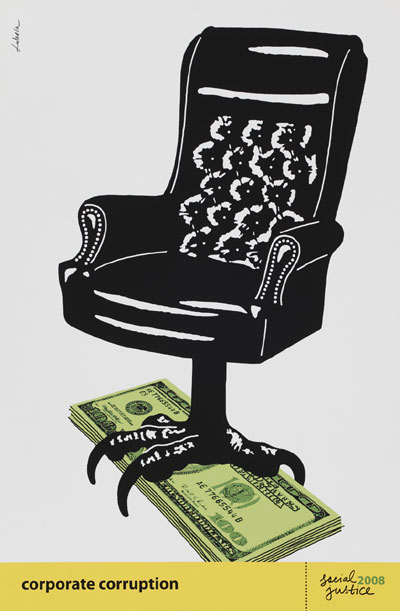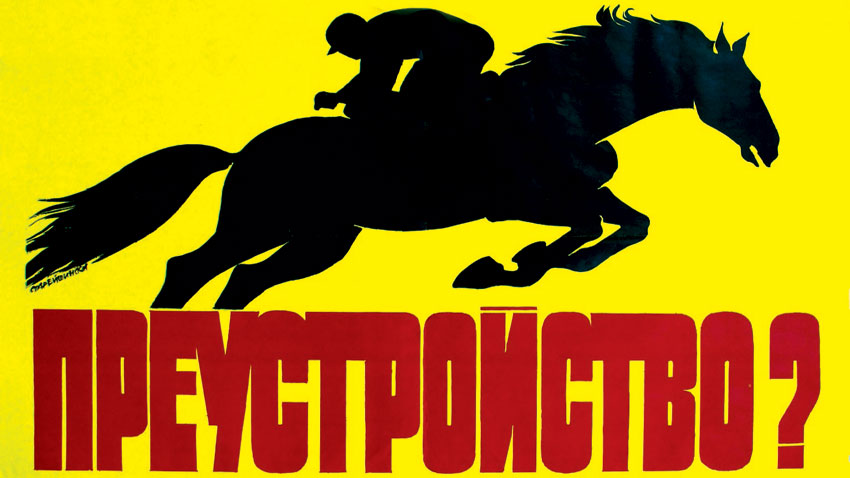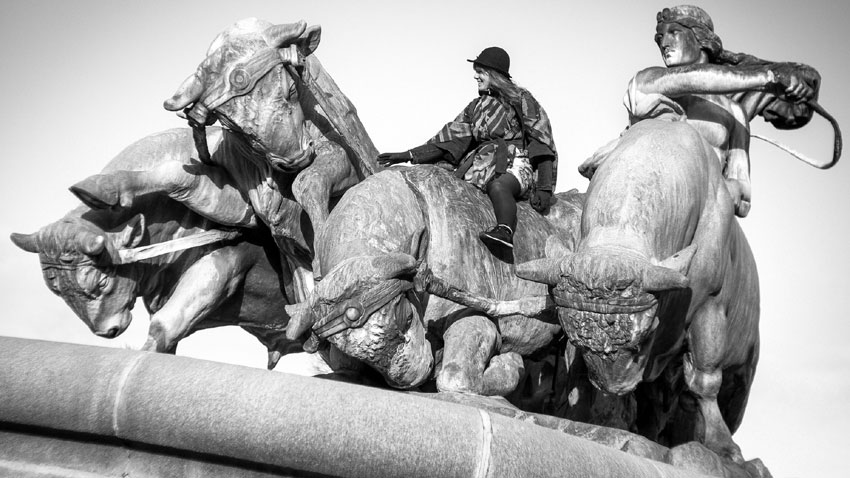Until the end of May in the National Palace of Culture one can see an exhibition entitled the Power of Social Poster, which makes visitors acquainted with this art in Bulgaria and abroad. Among the organizers are two influential institutions in the world of poster art. These are the International Triennial of the Political Poster Show in Mons, Belgium and the Stage Poster Triennial in Sofia. The Frisko Collective group of photographers also participates.
 The exhibition includes posters that received awards from exhibitions in Mons; masterpieces from the history of Bulgarian poster art, as well as a modern Bulgarian collection of posters with social focus “Poster Appeal”, posters from the BG Poster project, Frisko photos and others..
The exhibition includes posters that received awards from exhibitions in Mons; masterpieces from the history of Bulgarian poster art, as well as a modern Bulgarian collection of posters with social focus “Poster Appeal”, posters from the BG Poster project, Frisko photos and others..
“A colleague of mine used to tell me that if a painting didn’t talk, I should throw it away. In this case I can say that posters are not just talking but shouting,” Professor Bozhidar Yonov, one of the contemporary masters of Bulgarian poster art, said at the opening of the exhibition.
“The poster is perhaps the most concentrated form of art that can captivate and provoke the viewer within seconds. It is not by chance that the place of the poster is not in exhibition halls but in the streets. The street is this gallery that accepts posters best. Therefore, their goal is to be perceived by the viewer as quickly as possible because no one has time to look at a poster for 15 minutes.”
It is true that these days the street is being dominated by advertising. But the social poster is too close to topics that are becoming increasingly important in today’s world and here in Bulgaria. The international environment is tense and disturbing. Europe is facing problems such as lack of tolerance, aggression, hatred. And Europe's problems are also seen in this country. To what extent are topics of posters in Bulgaria and in the world similar?

“I think they should be somehow similar, but in no case can we say that the thirst in Africa depicted by the poster you see behind me, or fascism in some countries that cannot yet cure this ‘eczema’, are the same,” Bozhidar Yonov says. “Each country has its own social problems and they are topics for the work of artists in this field.”
The poster is a provocation to the conscience and senses of the viewer. This is the essence of its aesthetics and the bond that unites stories of a different nature. That's why posters of Bulgarian masters from decades ago "sound" astonishingly modern, despite the fact authors worked in different settings and dealt with other problems. "You see, there are posters created 20 years ago, which are extremely up to date," says Albena Spassova, one of the organizers of the exhibition. Among presented artists are Boris Angelushev and Asen Stareishinski, who are popular in Bulgaria. Among the emblematic Bulgarian posters of the past is “Perestroika” by Asen Stareishinski, offering us a glimpse to the end of the 80s and the vague ideas about changes in socialist states of the Soviet bloc. The work of Stareishinski depicts a mad horse that is galloping in an unknown direction, while the rider is looking in the opposite way...

Guests to the exhibition were Patrick G. Tombelle and Eric K. Sluis, founders of the Frisco Collective team based in Belgium and the Netherlands. They told Radio Bulgaria about the way some of their poster photography ideas were born. One of Eric K. Sluis's works is a woman sitting on a statue of a bull in Copenhagen. Erik's interpretation is that each state was created by great people and based on great political ideas. Perhaps the woman's aim sitting on the bull is ridicule, but maybe she just wants to feel as a great leader, too,” Patrick G. Tombelle says.

The exhibition is supported by the Culture Program of Sofia and the Culture National Fund. BG Poster - Social Poster Project is part of the Cultural Program of the Bulgarian Presidency of the Council of the EU.
English: Alexander Markov
Photos: archive of the organizersThe "Invisible Sofia" cycle this year will end with the "Artisans of Sofia" exhibition, dedicated to movable cultural heritage. The exhibition will be opened today in the renovated Central Sofia Market Hall. "In 2025, we will..
The famous folklore ensemble Trakia celebrates its 50th anniversary with a gala concert tonight in Hall 1 of the National Palace of Culture (NDK). The instrumentalists, choir singers and dancers will perform excerpts from their repertoire in a show..
The long-awaited premiere of Ballet Arabesque's The Dante Secret has captivated Bulgarian cultural circles and become the focus of discussion since the end of the last theatre season. The production is created by an extremely strong artistic team,..

+359 2 9336 661
